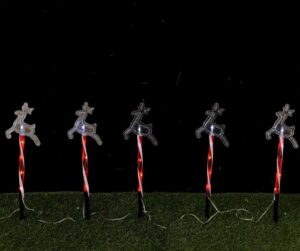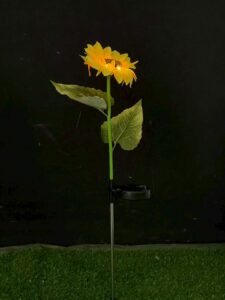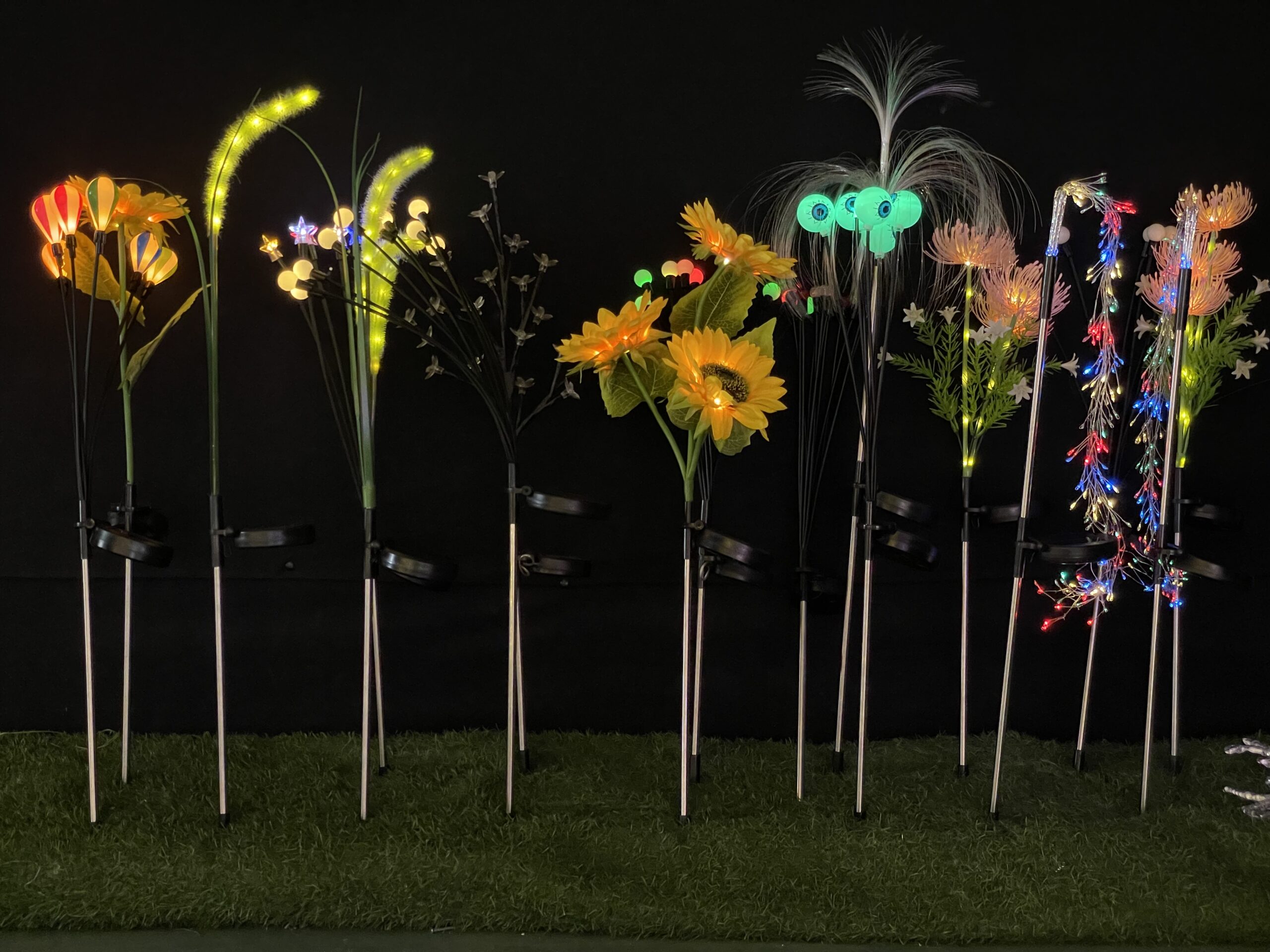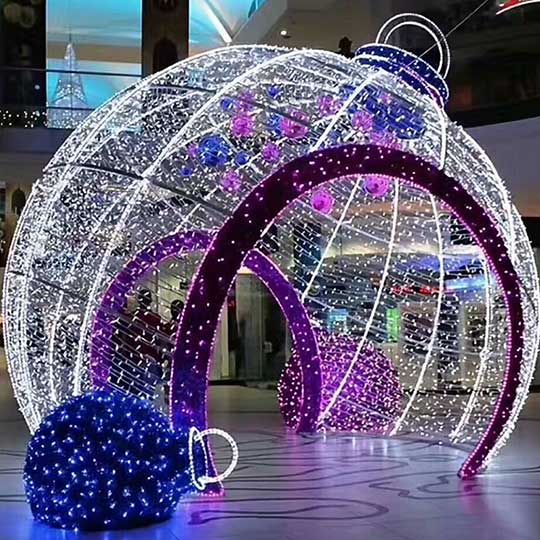How Do Solar Lights Work?
Solar lights, as the name suggests, use solar panels to capture energy from the sun. During daylight hours, the panels convert sunlight into electricity, which is stored in rechargeable batteries. Once the sun goes down, this stored energy powers the LED bulbs, illuminating gardens, pathways, or public spaces without the need for external wiring.
This simple principle makes solar lights not only environmentally friendly but also cost-effective, which is why they have become a popular choice among buyers, importers, and wholesalers worldwide.

Can Solar Lights Work in Different Weather Conditions?
One of the most common questions buyers ask is whether solar lights only work on sunny days. The answer is no — solar panels can still generate energy even on cloudy or rainy days. While direct sunlight provides the best charging efficiency, solar panels are designed to absorb diffused sunlight as well.
• Sunny days: Panels reach maximum charging capacity, allowing the lights to shine through the night.
• Partly cloudy days: Charging efficiency is reduced but usually still sufficient for evening illumination.
• Rainy or overcast days: Energy absorption is lower, meaning the lights may not last as long.
High-quality solar lights are often equipped with larger panels and efficient batteries to ensure reliable performance across different weather conditions.
How Long Do Solar Lights Last on Cloudy Days?
Here comes the key question: How long will solar lights stay on during cloudy weather compared to sunny days?
On a fully sunny day, most standard solar lights can operate for 8–12 hours after a full charge. On cloudy days, depending on the panel size and battery quality, lights typically last 3–6 hours. Premium models, equipped with high-capacity batteries and advanced solar panels, can still achieve 6–8 hours of illumination even under limited sunlight.
For commercial buyers, this difference matters. When evaluating suppliers, it is essential to check not only the design but also the panel efficiency, battery capacity, and whether the product is tested for low-light performance. These factors directly impact how dependable the solar lights will be in real-world conditions.


Conclusion
Solar lights are a sustainable and efficient solution, but their performance depends on weather conditions and product quality. On cloudy days, you can still expect several hours of illumination — especially with well-designed, high-quality models. For buyers, importers, and wholesalers, knowing these details helps in making better purchasing decisions and ensuring customer satisfaction.
If you are looking for reliable solar lights that perform well in various climates, feel free to reach out to our team.





